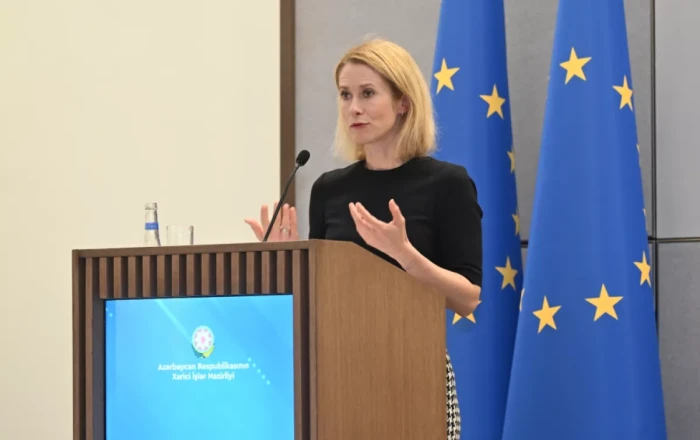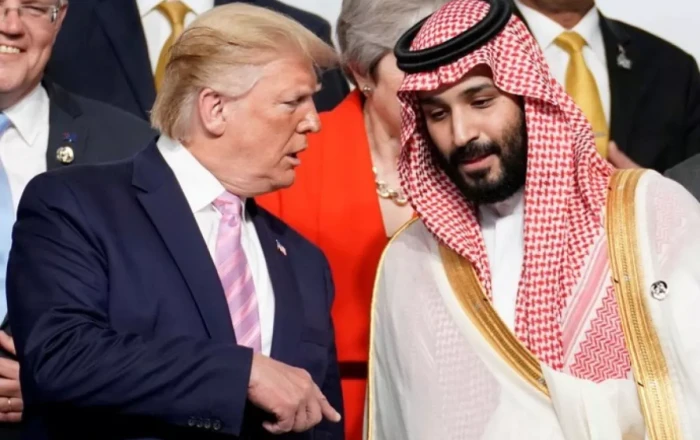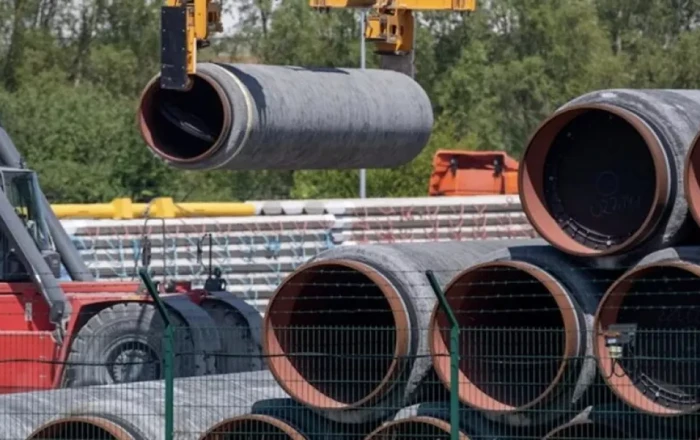UK government officials have begun applying stricter classifications to sensitive trade negotiation documents in an effort to shield them from potential interception by the United States, as tensions rise over Donald Trump’s escalating tariff war, The Guardian has revealed.
The move marks a striking shift in the traditionally close US-UK alliance, often dubbed the “special relationship.” According to senior officials, the UK civil service has amended internal protocols, elevating the classification of certain trade materials to “secret” and “top secret,” particularly those concerning negotiations with Washington. These new measures include tighter digital sharing restrictions designed to limit access — even among allies.
Sources familiar with the updated protocols told The Guardian that the changes were introduced in response to mounting concerns over Washington’s increasingly unilateral trade policies, particularly as Trump imposes punitive tariffs on allies and competitors alike. Trump’s recent decision to levy 10% tariffs on all UK exports and 25% on British steel and car exports has intensified fears in Whitehall.
Previously, documents pertaining to US trade talks were typically labelled “Official – sensitive (UK eyes only),” allowing limited distribution across internal email systems. These practices remained in place during negotiations with the Biden administration, even after hopes for a comprehensive free trade deal waned.
Now, under the shadow of Trump’s protectionist agenda and amid renewed talks with his administration, UK civil servants from No 10, the Foreign Office, and the Department for Business and Trade are reportedly using far more restrictive labels. In some cases, the classification of trade materials has reached the highest levels, traditionally reserved for defence and national security intelligence.
The increased caution reflects broader anxieties in London about the vulnerability of UK industries to Trump's “America First” agenda. Officials are also wary of the implications for key sectors, including pharmaceuticals and automotive manufacturing, where British competitiveness is directly threatened by US tariffs and industrial policy shifts.
Adding to concerns, British businesses — including several major pharmaceutical firms — have reportedly been advised to adopt new protocols when communicating with government departments, due to the risk of sensitive commercial data being accessed by American counterparts.
A spokesperson for the Department for Business and Trade attempted to downplay the frictions, stating: “The US is an indispensable ally and negotiations on an economic prosperity deal that strengthens our existing trading relationship continue.”
By Vugar Khalilov
Source: caliber.az












